China has created successful stories in environmental protection and its experience of maintaining economic growth, while forging ahead in green transition can inspire other nations at COP28, experts said.
These remarks were made at a forum held by Beijing-based nonprofit Greenovation Hub on Wednesday. The forum, with the theme "Towards UAE COP28", gathered experts, officials and representatives from environmental NGOs to discuss global green transition and the outlook for COP28.
In the last two decades, China has moved from the back seat to the front seat on everything related to green development, Erik Solheim, former executive director of the United Nations Environment Programme, told the forum via video.
There are four success stories that China can bring to COP28, namely its stories to develop renewable energies, transport, greenery and the circular economy, he said.
"China is now 60 to 80 percent of all renewable energies on parameters, 80 percent of solar, 60 percent of wind, and you can go on and on," Solheim said. With these data and achievements, "China can inspire others to green".
He also pointed out that China has the longest subway mileage in the world and is leading the production of electric vehicles. In terms of greenery, China is building the biggest national park system. And China is a leading recycling nation in the world.
China is now in the lead in many areas, and "we hope China can lead the world to do more", he added.
China's success in green transition can provide other emerging economies with a model to balance economic development and green transition, experts said at the forum.
Yang Fuqiang, senior adviser of the Institute of Energy at Peking University, said while maintaining rapid development, China has also done a good job in energy conservation and emissions reduction, its experience in developing renewable energies can be very enlightening for fellow developing countries.
According to official figures, China has supported an average annual economic growth of 6.6 percent with an average annual energy consumption increase of 3 percent since 2012, making China one of the countries with the fastest decrease rate in energy intensity worldwide.
"As the largest developing country at COP28, China's experience tells everyone that environmental and economic development can be coordinated. Of course, there may be some priority issues ahead, but goals for economic growth and environmental protection can coexist," Yang said.
For example, on the issue of air pollution, developed countries have spent five to six decades to fix it, while China has gone through the phase in just over a decade, which can make other emerging economies more confident to tackle environmental challenges on their development path, he said.








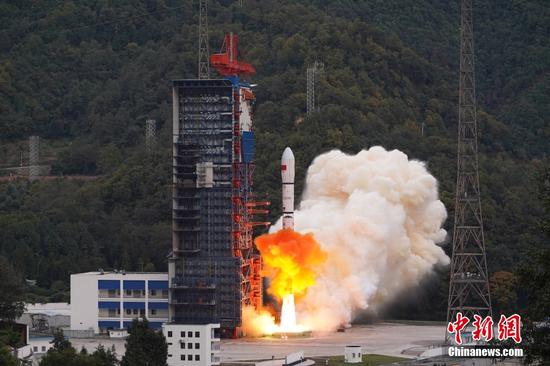







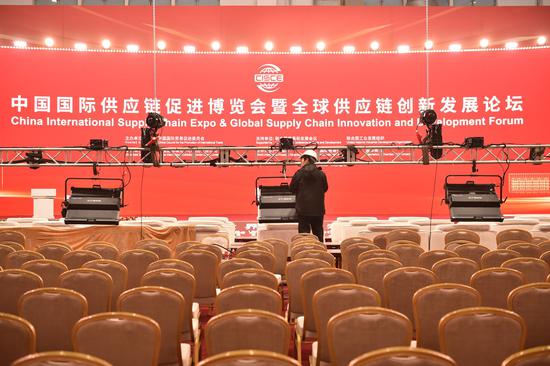








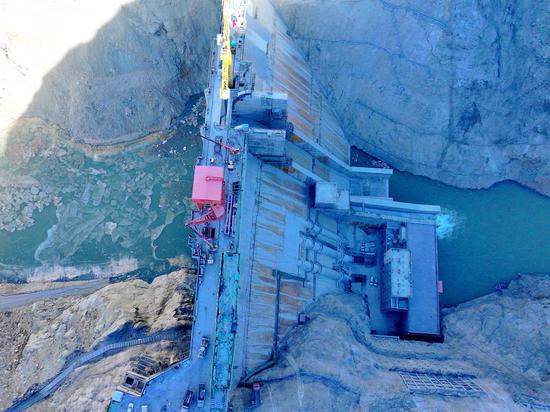
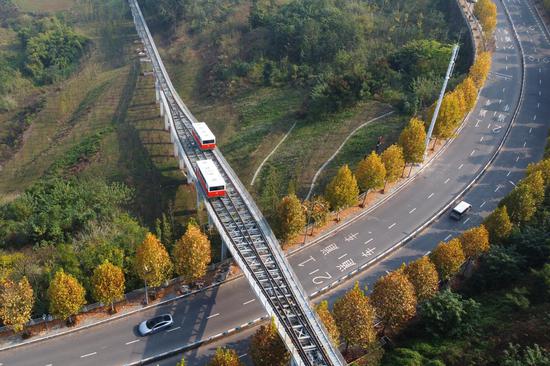




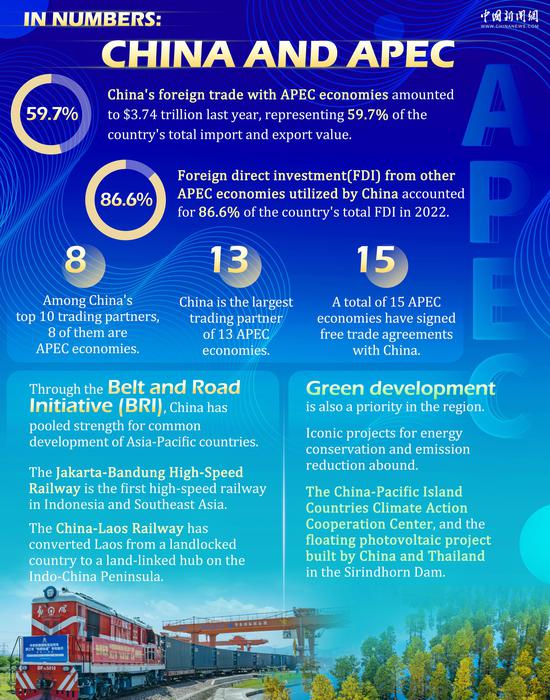


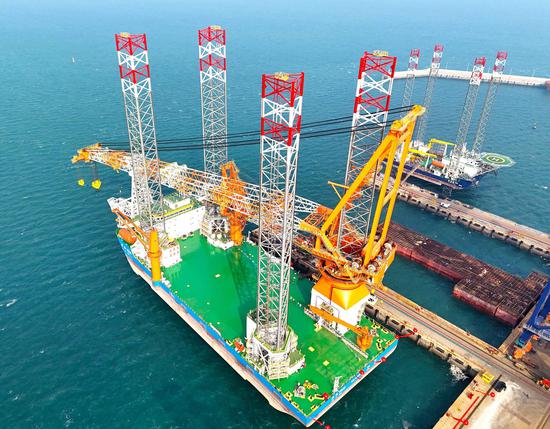


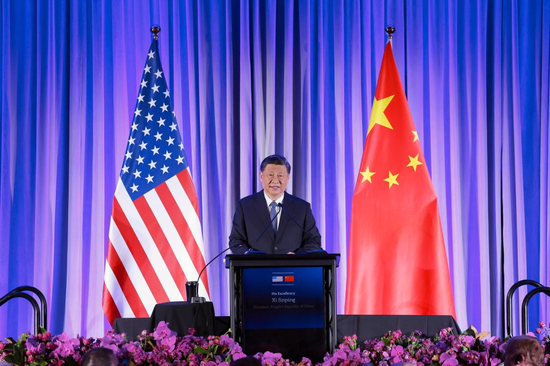
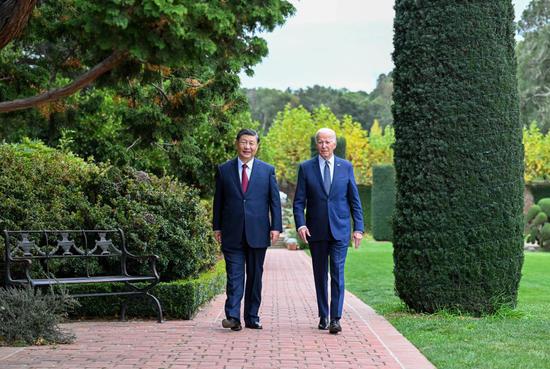

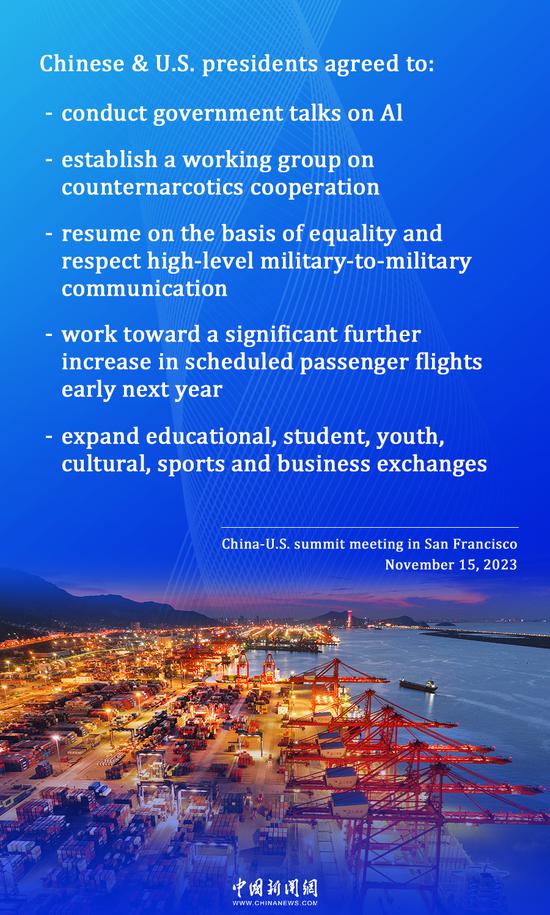
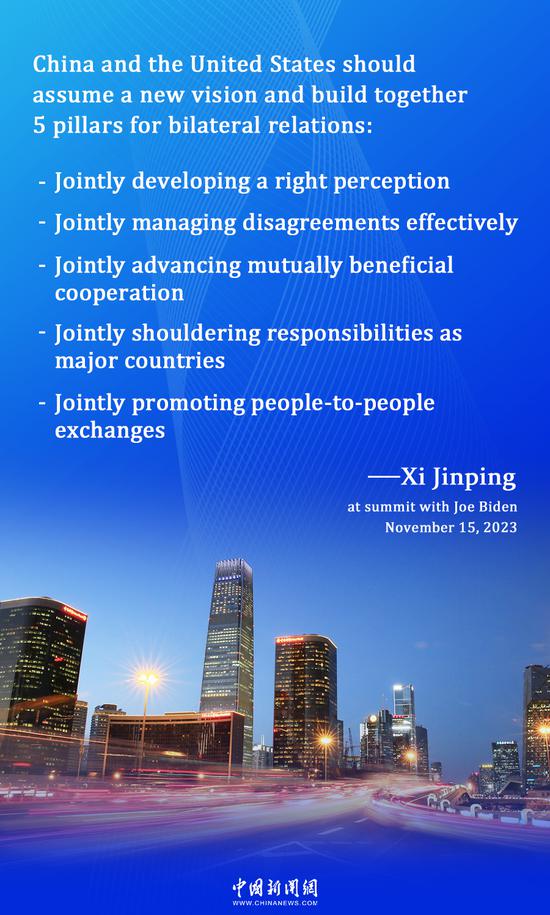








 京公网安备 11010202009201号
京公网安备 11010202009201号